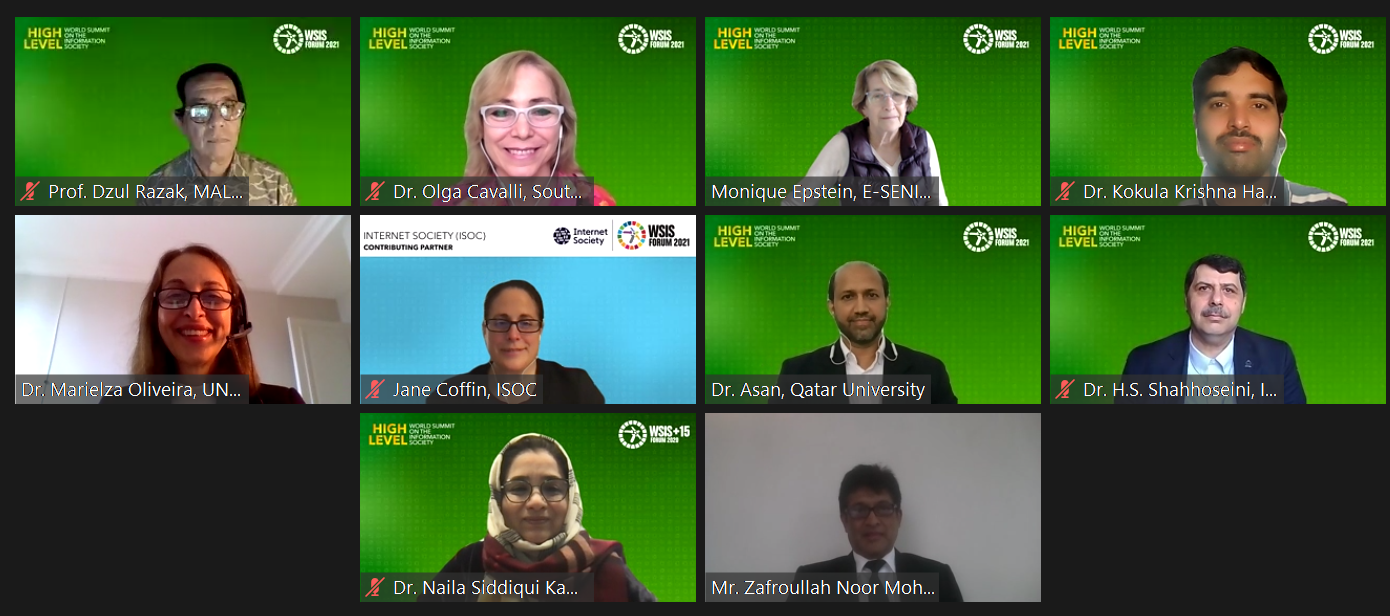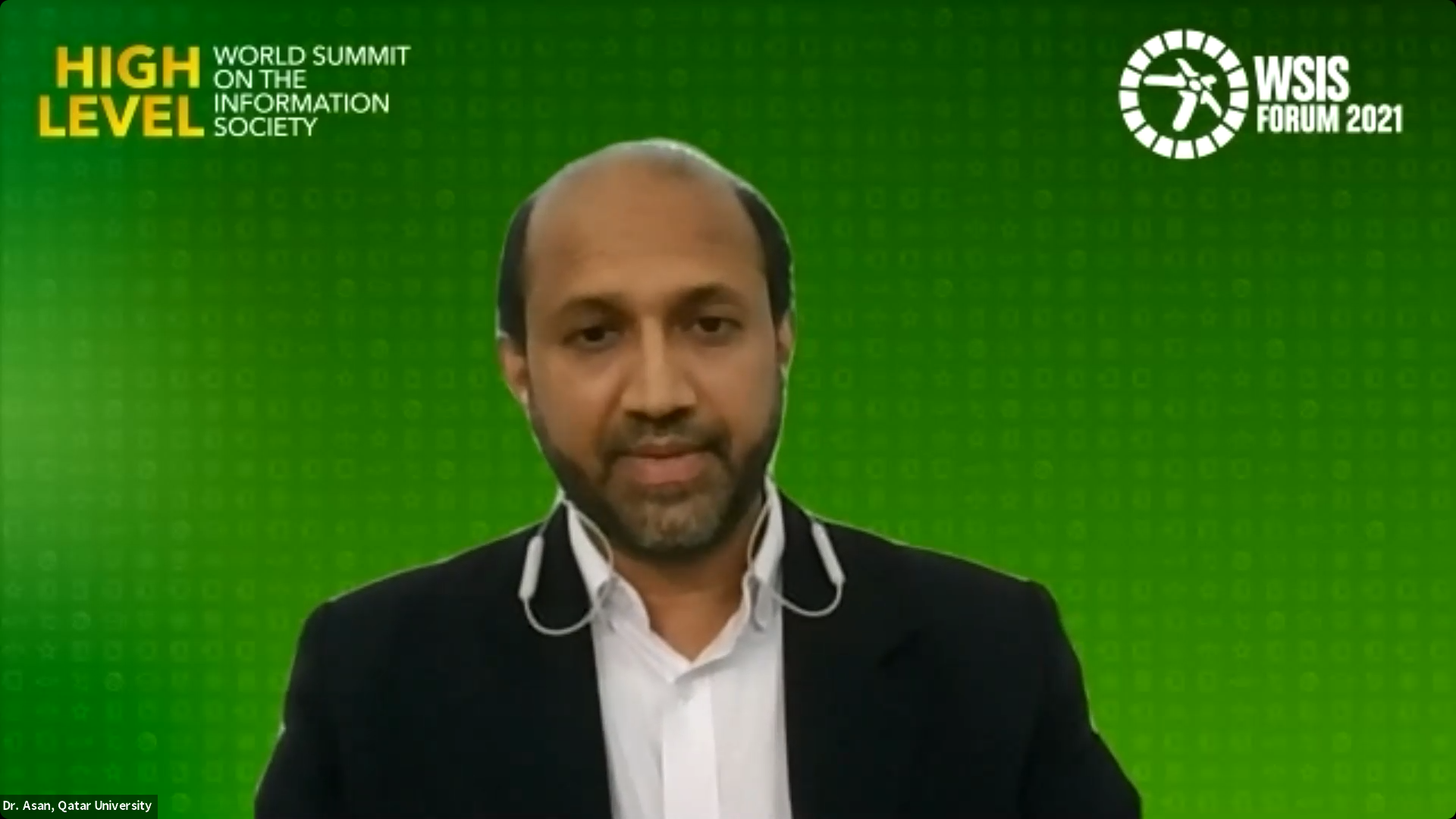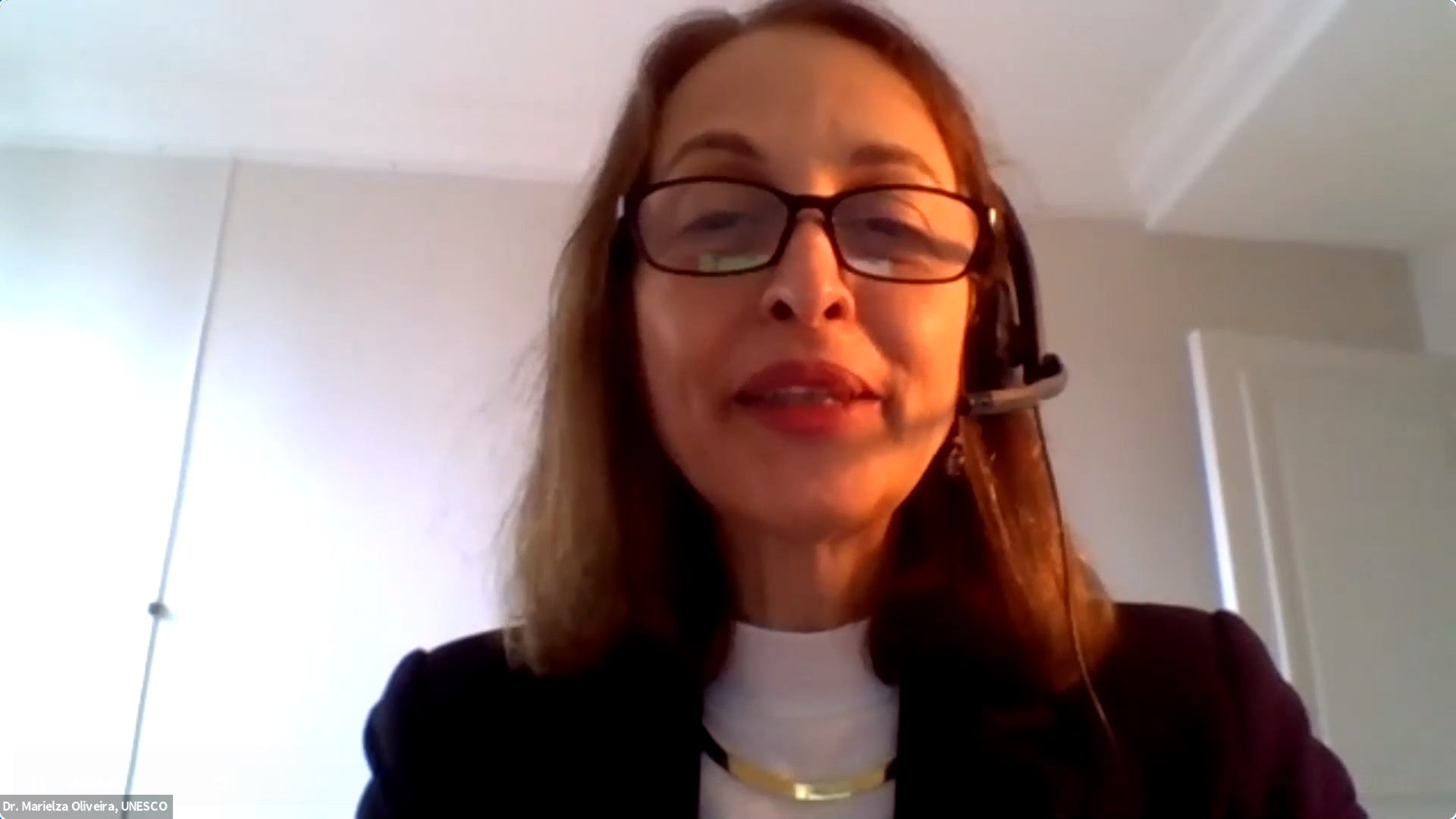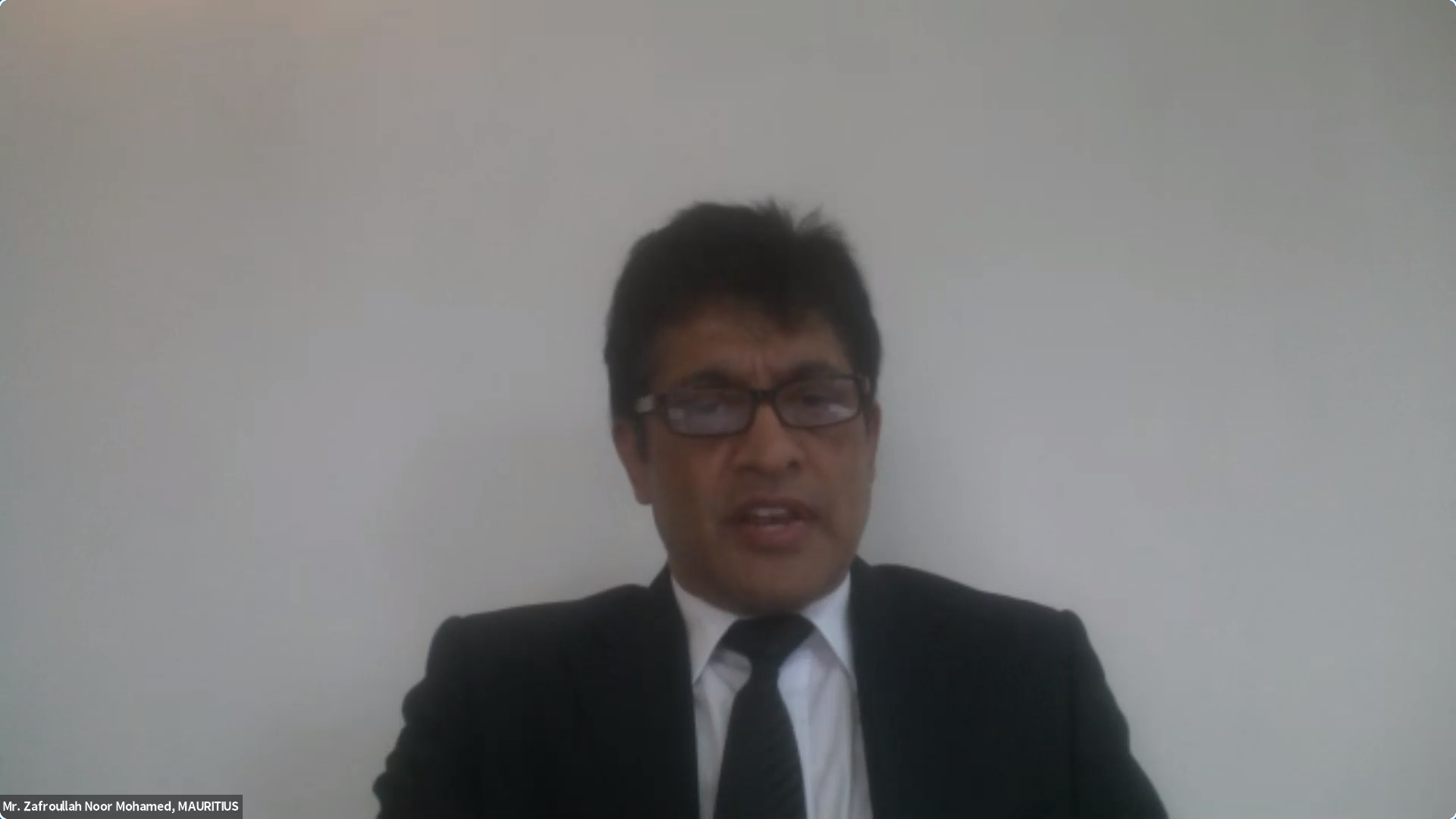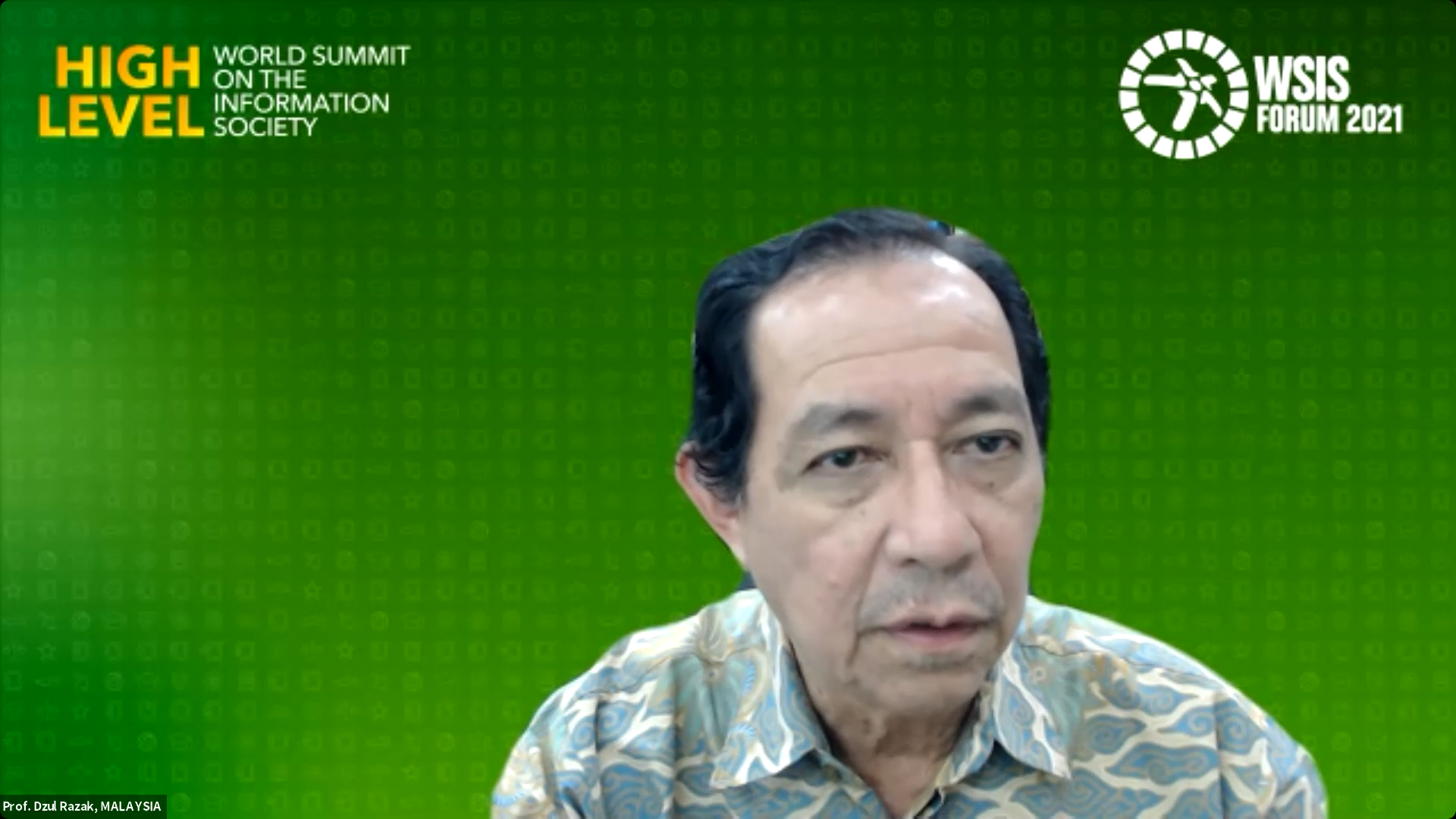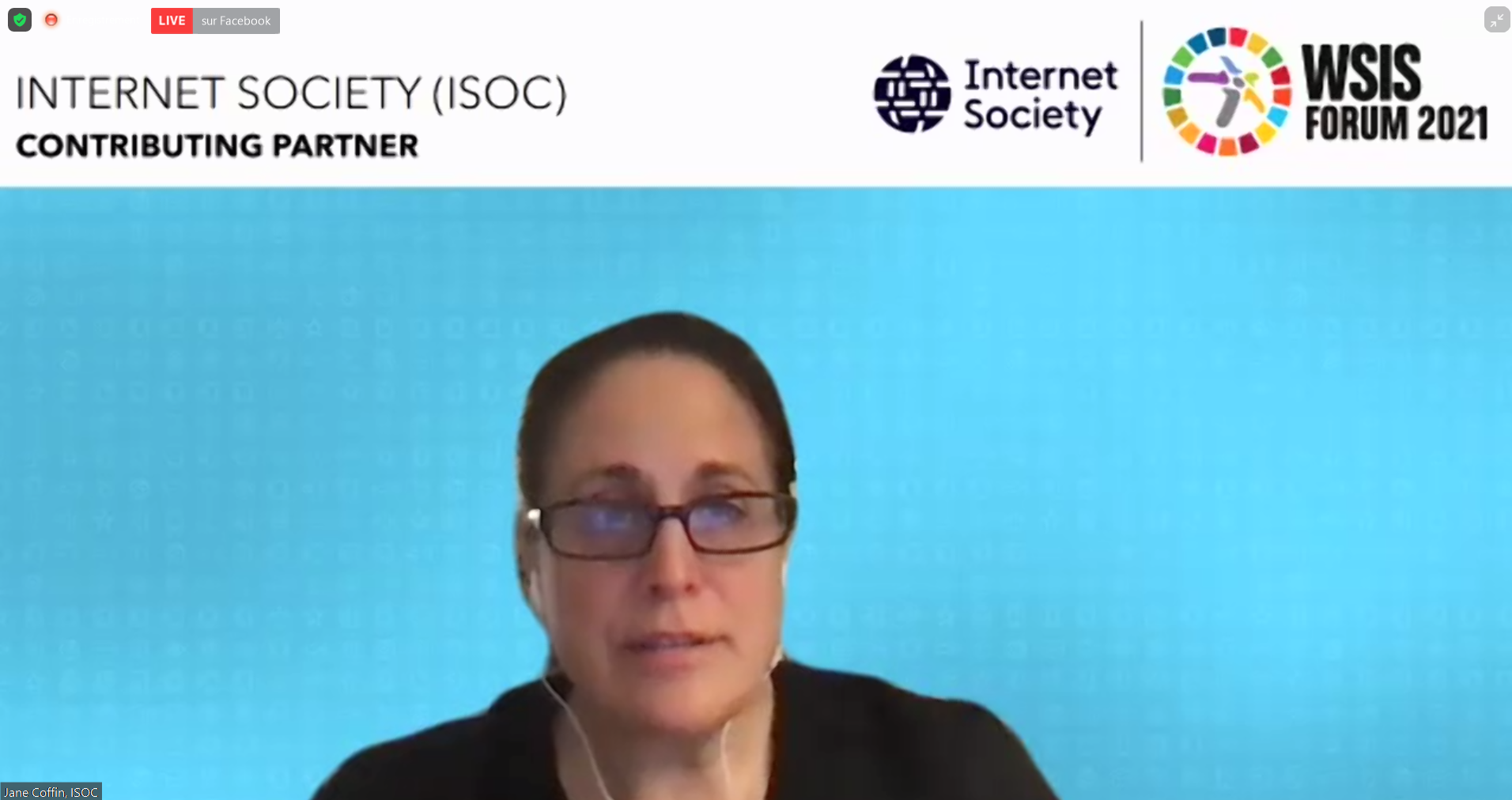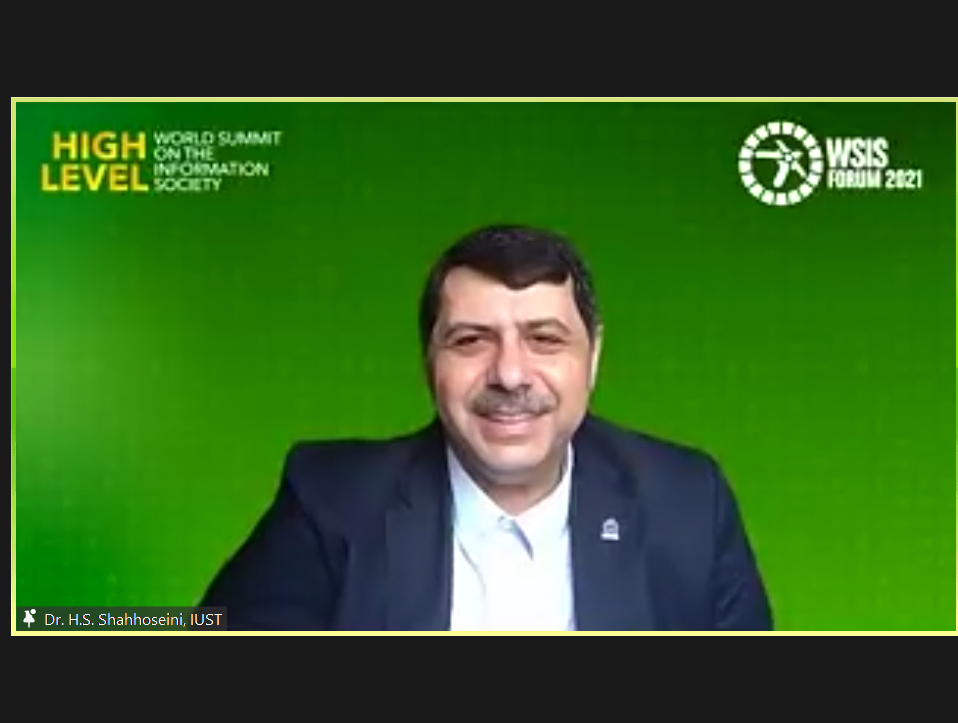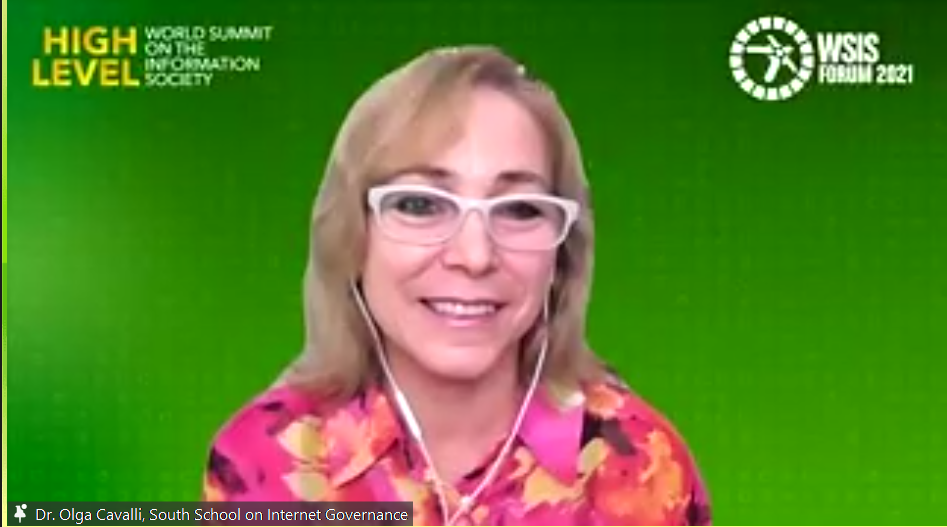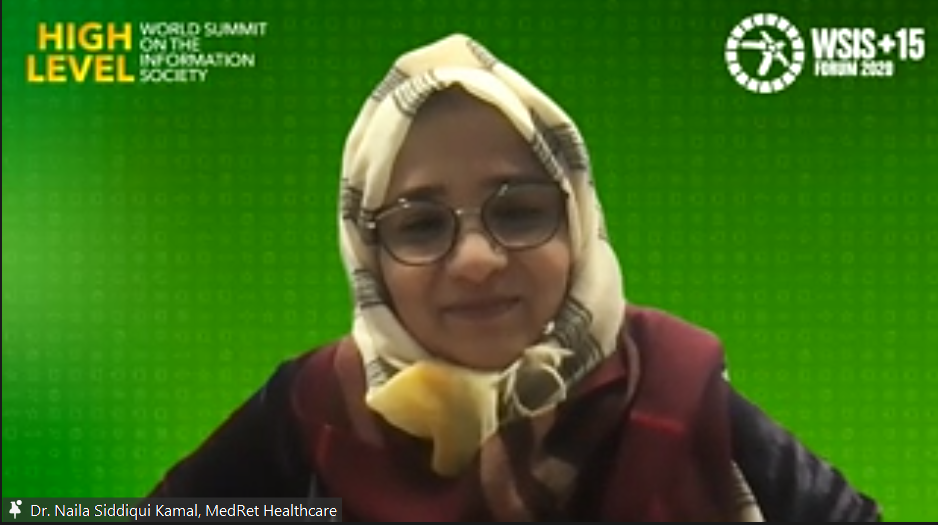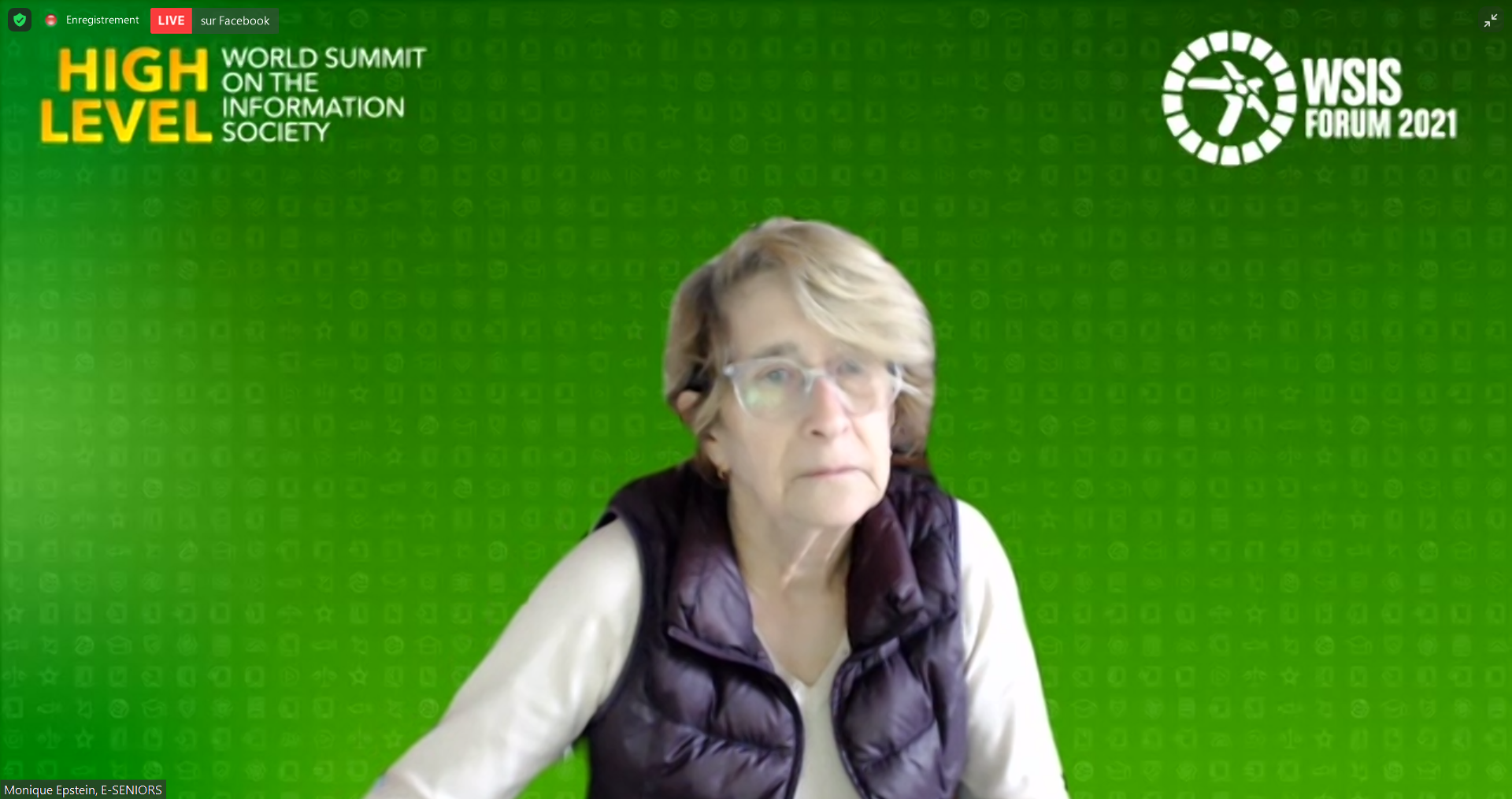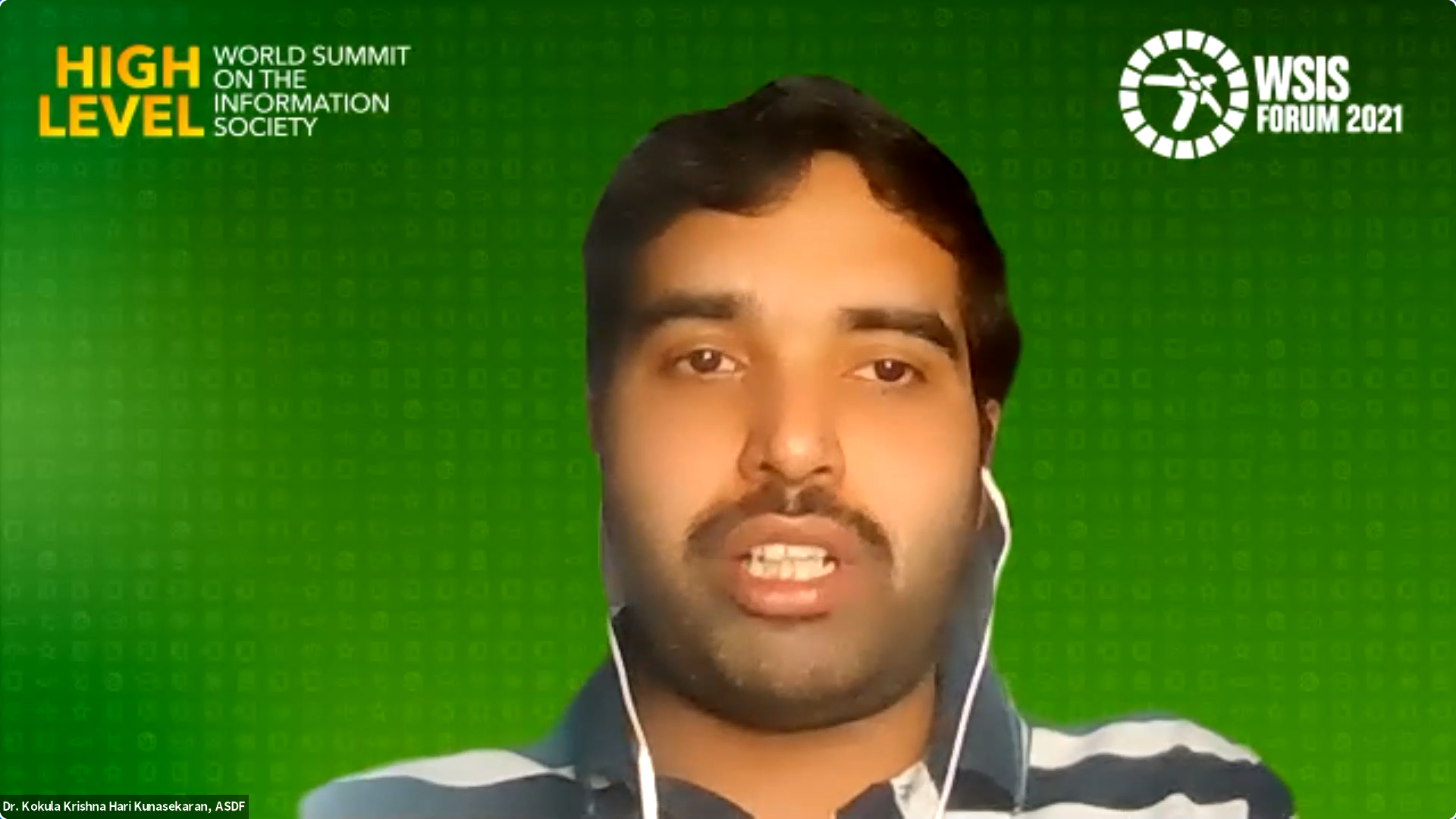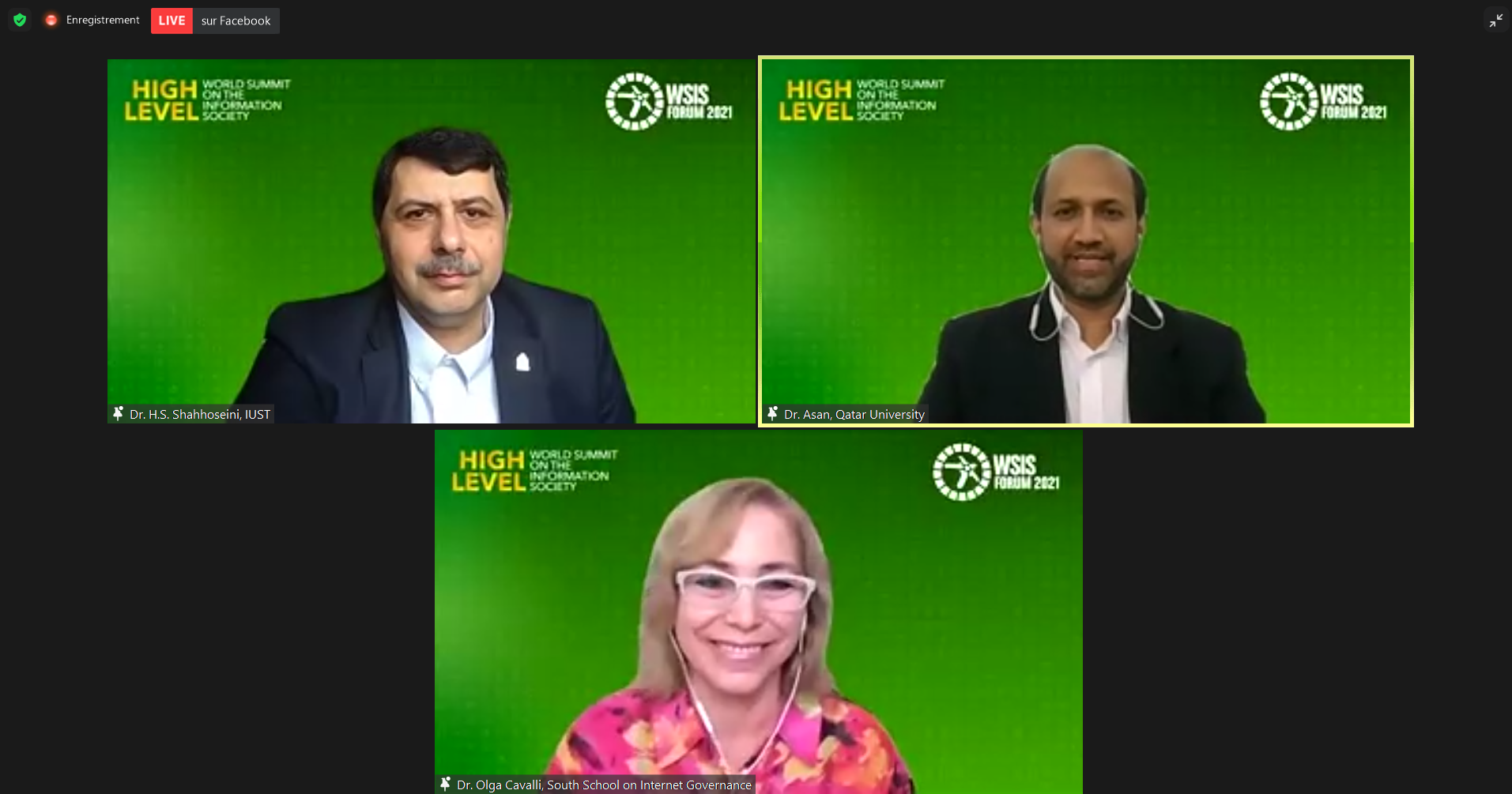High-Level Policy Session 8 : Knowledge societies, Capacity building and e-Learning
WSIS
Session 171
Each person should have the opportunity to acquire the necessary skills and knowledge in order to understand, participate actively in, and benefit fully from, the Information Society and the knowledge economy. Literacy and universal primary education are key factors for building a fully inclusive information society, paying particular attention to the special needs of girls and women. Given the wide range of ICT and information specialists required at all levels, building institutional capacity deserves special attention.
The use of ICTs in all stages of education, training and human resource development should be promoted, taking into account the special needs of persons with disabilities and disadvantaged and vulnerable groups.
Content creators, publishers, and producers, as well as teachers, trainers, archivists, librarians and learners, should play an active role in promoting the Information Society, particularly in the Least Developed Countries.
To achieve a sustainable development of the Information Society, national capability in ICT research and development should be enhanced. Furthermore, partnerships, in particular between and among developed and developing countries, including countries with economies in transition, in research and development, technology transfer, manufacturing and utilization of ICT products and services are crucial for promoting capacity building and global participation in the Information Society. The manufacture of ICTs presents a significant opportunity for creation of wealth.
The attainment of our shared aspirations, in particular for developing countries and countries with economies in transition, to become fully-fledged members of the Information Society, and their positive integration into the knowledge economy, depends largely on increased capacity building in the areas of education, technology know-how and access to information, which are major factors in determining development and competitiveness.
Geneva Declaration of Principles, WSIS 2003, //1f8a81b9b0707b63-19211.webchannel-proxy.scarabresearch.com/net/wsis/docs/geneva/official/dop.html
.JPG)
Dr Asan G. A. Muthalif is an Associate Professor at the Dept of Mechanical and Industrial Engineering, Qatar University. He obtained his Bachelor (1st Hons) and Master’s degrees in Mechatronics Engineering from International Islamic University Malaysia (IIUM). He earned a PhD from the University of Cambridge UK in 2008. Upon completing PhD, he continued post-doctoral research for a year at Cambridge University. He had also served as a teaching assistant at the university.
Before joining Qatar University, he was attached to the Faculty of Engineering IIUM- Malaysia, where he served as Head of Mechatronics Dept., followed by Associate Dean (Academic) before being appointed as Dean-Centre for Postgraduate Studies.
Dr Asan is a certified Professional Engineer (PEng) and Professional Technologist (PTech). He is a senior member of IEEE, a life member of MySET & MINDS, a founding member of SVAM, member of ASME, IIAV, and BEM. He is appointed as an evaluation panel by various agencies such as; the Malaysian Qualifications Agency, Engineering Accreditation Council Malaysia, Ministry of Higher Education Malaysia, and Public Service Dept. of Malaysia. He was a working group member to develop the National Policy of Science Technology and Innovation Malaysia. He had also served as an Associate Fellow of the Academic of Sciences Malaysia. He is also appointed as an external assessor for Faculty of Engineering UTHM.
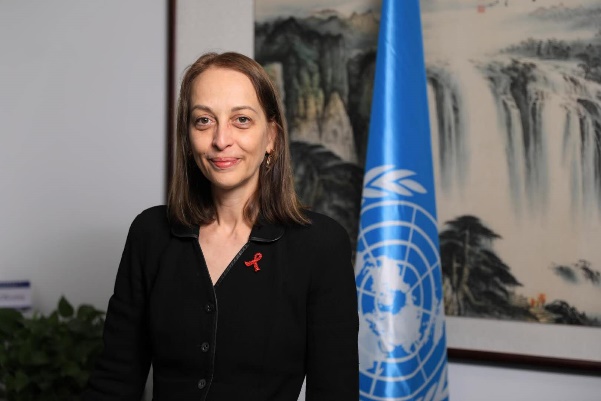

Name: Zafroullah NOOR MOHAMED
Designation: Programme Manager
Department: Central Informatics Bureau under the Ministry of Information Technology, Communication and Innovation since August 2012
Previously: Served as Systems Analyst at the Central Information Systems Division under the Ministry of Information Technology, Communication and Innovation
Academic background: Holder of a BTech in Computer Science and Engineering (University of Mauritius) and an MSc in Engineering Project Management (University of Mauritius)
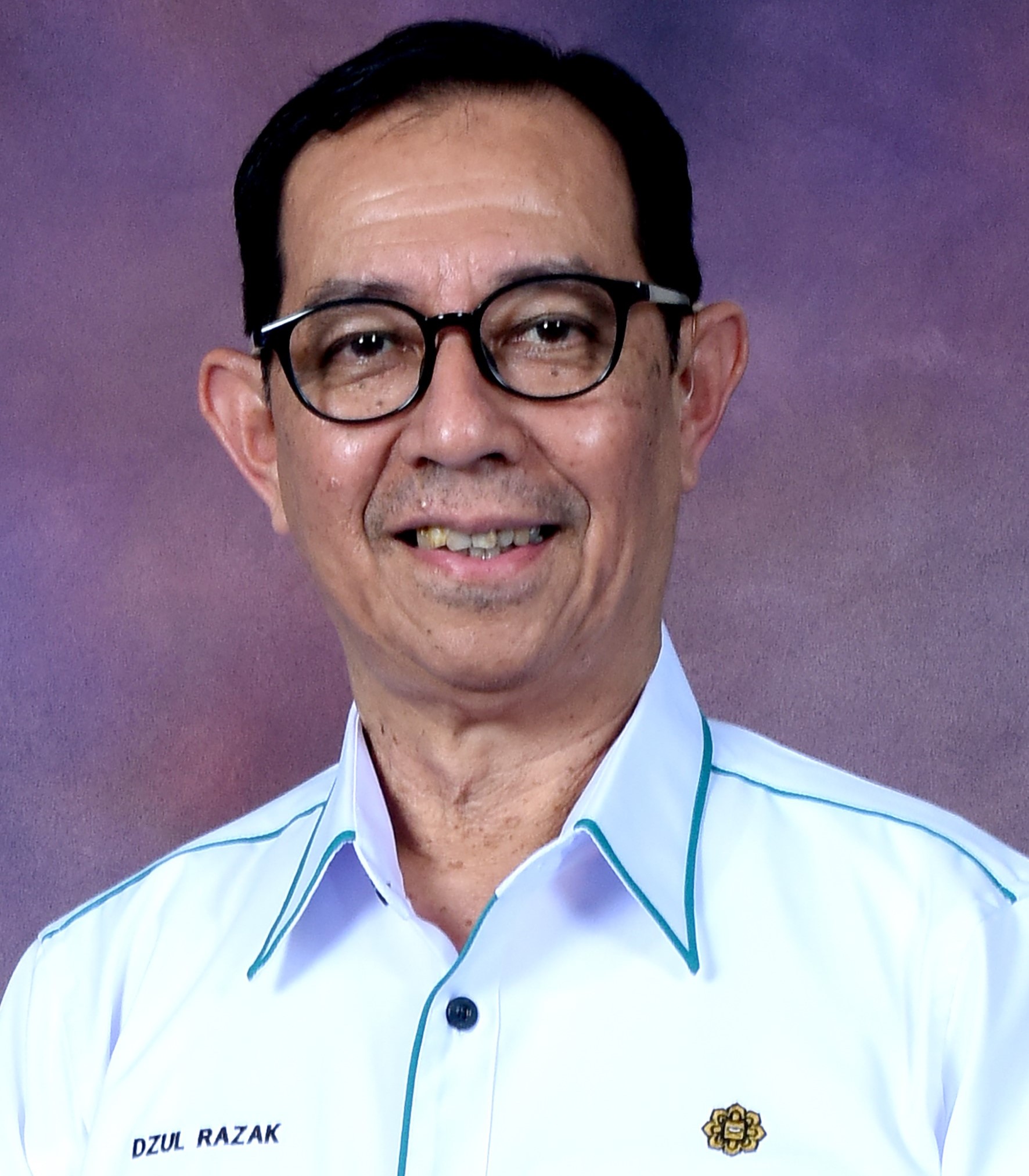
Dzulkifli Abdul Razak (or for short, Dzul) is currently the Rector of the International Islamic University Malaysia. He was the Vice Chancellor of Universiti Sains Malaysia from 2000-2011. He is the immediate past president of the International Association of Universities (IAU), a UNESCO-affiliated organisation, based in Paris. Dzul was awarded the prestigious 2017 Gilbert Medal by Universitas 21 in recognition of “his long-term commitment to a sustainable approach to international higher education." He is a Fellow of the Academy of Sciences Malaysia (FASc), the World Academy of Art and Science (FWAAS) and the World Academy of Islamic Management (FWAIM). Besides, he isa member of the National Digital Economy & Fourth Industrial Revolution Council. For almost twenty-five years he writes weekly Op-Ed columns for various Malaysia news media like The New Straits Times, The Edge and The Sun.
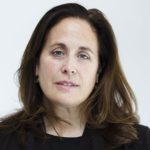
Jane Coffin is responsible for the Internet Society’s Internet Growth project teams. The Internet Growth project teams are focused on Community Networks, Internet Exchange Points (IXPs) & interconnection, peering, and community development, and a new critical project on measuring the health of the Internet. Her work also focuses on access and development strategy, where she and other ISOC colleagues and partners focus on coordination of collaborative strategies for expanding Internet infrastructure, access, and related capacities in emerging economies with partners.
Prior to joining ISOC, Jane worked on Internet and telecommunications policy issues for the Office of International Affairs at the National Telecommunications and Information Administration – U.S. Department of Commerce. She was an activeparticipant in Internet discussions in the ITU, OAS-CITEL, and OECD, working closely with the five regional Internet registries (RIRs) and other Internet technical community stakeholders. She was very involved in policy discussions on open Internet standards and issues related to BGP, IPv4, IPv6, and MPLS. While at NTIA, Jane was an advocate for the deployment of Internet exchange points (IXPs) to increase international Internet connectivity (IIC), and was an ITU-T SG-3 IIC co-Rapporteur and an IIC coordinator in CITEL’s PCC.I. She was Vice-Chair of the Federal IPv6 Task Force, and a Vice-Chair of the ITU Council Child Online Protection Working Group.
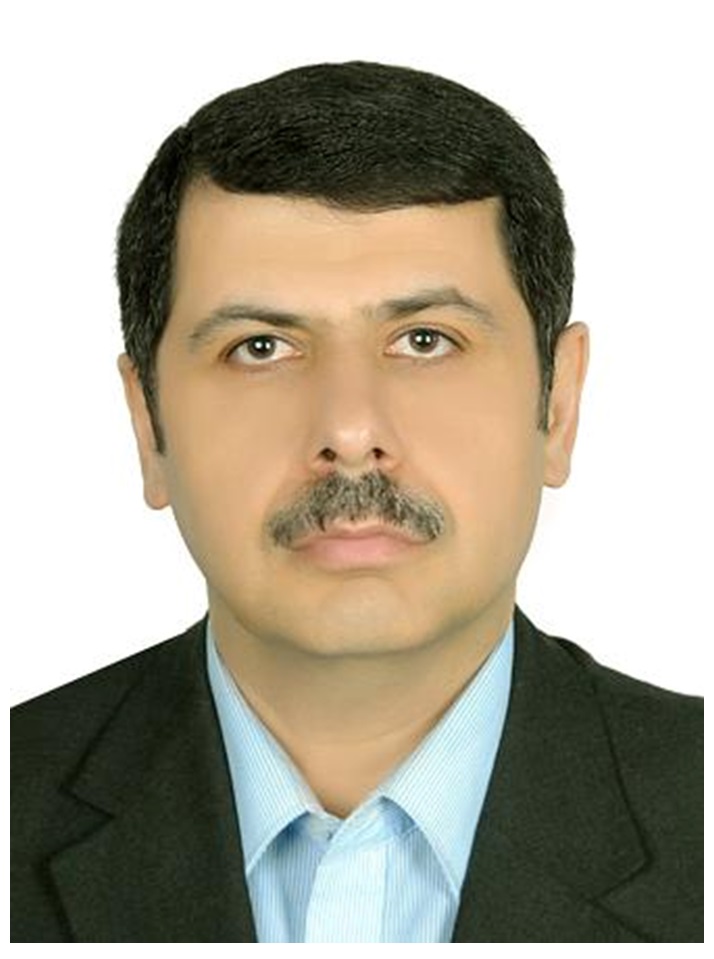
Dr HadiShahriar Shahhoseini received BSc, MSc and PhD degree in electrical engineering on 1990, 1994 and 1999 respectively. He is an associate professor in School of Electrical Engineering of Iran University of Science and Technology (IUST). His areas of research include networking, supercomputing and reconfigurable computing. More than 200 papers have been published from his research works in scientific journals and conference proceedings.
He is IUST Vice Chancellor for International Affairs. He also is founder and director of Research Center for ICT Strategic and International Studies (ICT-SIS).
Also he is an executive committee member of IEEE TCSC and serves IEEE TCSC as regional coordinator in Middle-East Countries since 2004, and served as Director of International and Scientific Cooperation for IUST from 2015 to 2017. He served as Program Chair and member of Iran National Committee for WSIS and coordinator of Iran delegation in WSIS Forums, since 2012 to 2018. He also was the chair and organizer of four annual national WSIS conferences in Iran, the National Conference on Preparation for WSIS+10, from 2011 to 2014.
He was manger of two research projects carried out by IUST that succeed to be the Winner of WSIS-Prize-2015 in action line C-7 (e-Science) and Winner of WSIS-Prize-2012 in action line C-11 (International and Regional Cooperation).

Olga Cavalli is an Internet leader whose work has been fundamental for enhancing
participation of Latin America and the Caribbean in Internet Governance.
She is the co-founder and the academic director of the
which has granted thousands of fellowships for attending an intensive
training on Internet Governance, organized in different countries of the Americas since 2008. The School is also open to the community through remote participation with video streaming and different languages, hosting thousands of attendees from all over the world. She is also the co-founder of other capacity-building activities: Dominios Latinoamerica, ARGENSIG, the Argentina School on Internet Governance and Desafíos de Internet, among other webinars and training activities.
She co-edited the book “Internet Governance and Regulations in Latin America” published in commemoration of the 10th
anniversary of the South School on Internet Governance. The book is free and available for the whole community in three languages: Spanish, Portuguese and English.
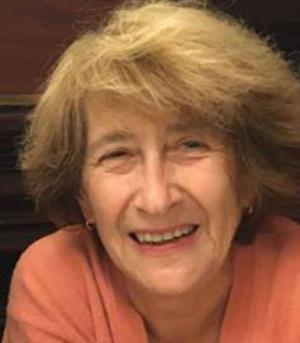
In charge of activities and partnerships development in several associations
E-SENIORS, E-juniors; M-Cube Paris (France)
Director /founder SMEs and NGOs - Information / communication/ learning/coaching/ digital sectors Health , active ageing and intergenerational communication domains

Head of MedRet Academy-UK
FRCOG. Cert ASLAT (Imperial), M Ed (Imperial), FHEA, PG Cert SQIL (Harvard)
Affiliated with NHS UK for past 28 years.
Practicing as an experienced gynaecologist, expert educationist, motivational organisational
transformational change advisor and visionary futuristic healthcare enthusiast.
Resourceful digital transformation expert matching provider-consumer needs in a bespoke SMART
health ecosystem for individual settings .
Alumnus of Imperial College London & Harvard Medical School.
A subject matter expert in strategy, enterprise and delivering change; reputed for tackling challenges
through innovation, collaborative management and leadership.
Vice Chair of Educast Society (NGO) working with collaborators to facilitate urgent health needs in
maternal and child health crisis in Yemen.
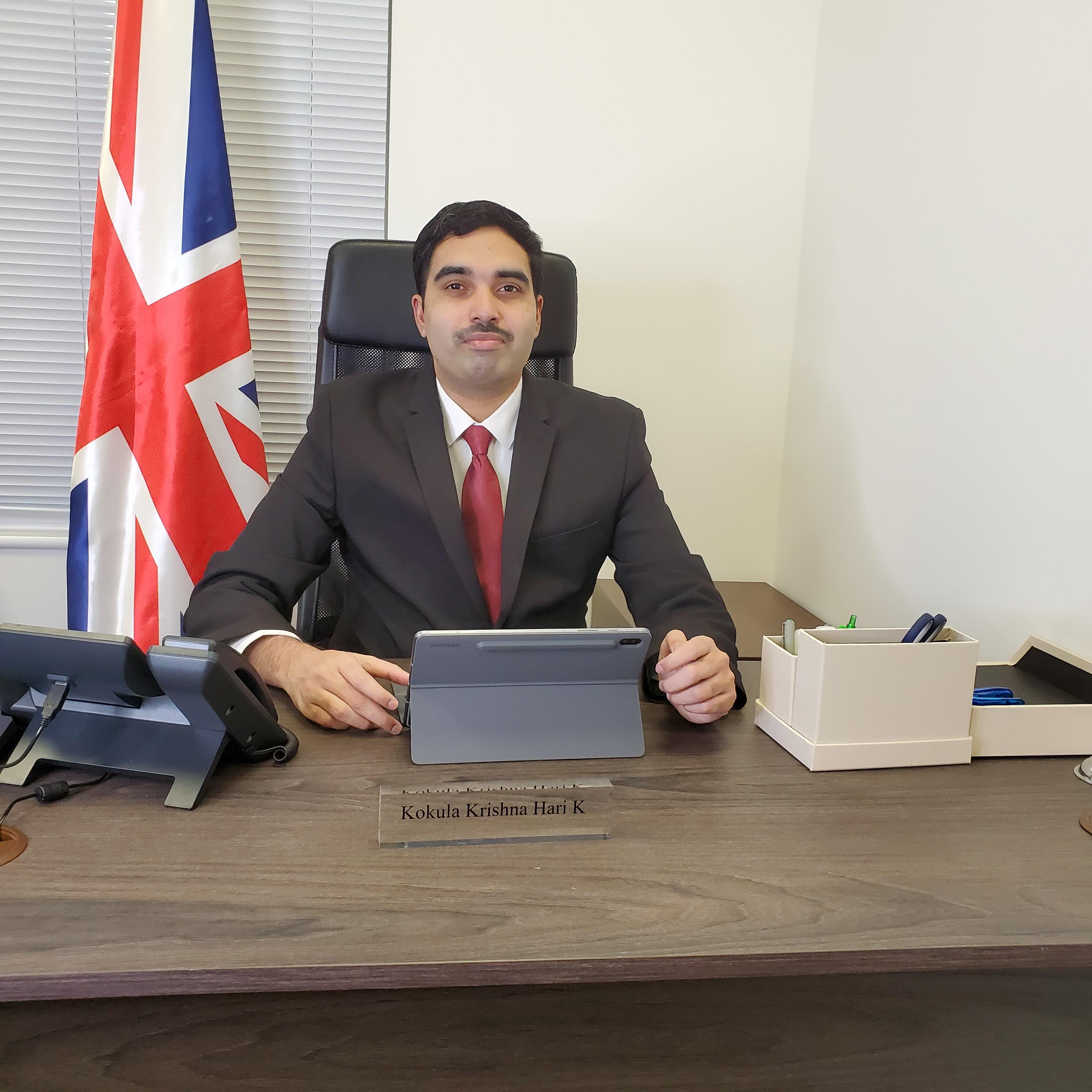
Kokula Krishna Hari Kunasekaran, Indian, born in Puducherry (formerly Pondicherry) in the 1980s is a pure veteran with strong acquired knowledge in Public Administration, Business Administration, Computer Network (Security) Research and Entrepreneurship. He is shortly addressed as "KK" by all his associates. KK has a wide range of contacts through various pipelines and channels across the globe in Academic Network or Industrial Network or Research Network. Carried away with a more significant commitment to the consoled projects, he has helped many people to achieve greater laurels.
With loads of experience with major IT firms, he has been acquainted with the work culture and implemented the independent opposite factor into them during his initial entrepreneurial journey time. He was one of the youngest International Conference Organizers during his mid-20s of the scientific world. KK has received the Australian Youngest Entrepreneur Award. He is serving as Visiting Faculty in many Universities across the world and educates. KK is a constant researcher in the field of Computer Network Security. His comments on the International Relations and Public Policy are globally acknowledged.
-
 C3. Access to information and knowledge
C3. Access to information and knowledge
-
 C4. Capacity building
C4. Capacity building
-
 C7. ICT applications: benefits in all aspects of life — E-learning
C7. ICT applications: benefits in all aspects of life — E-learning
-
 Goal 1: End poverty in all its forms everywhere
Goal 1: End poverty in all its forms everywhere
-
 Goal 3: Ensure healthy lives and promote well-being for all
Goal 3: Ensure healthy lives and promote well-being for all
-
 Goal 5: Achieve gender equality and empower all women and girls
Goal 5: Achieve gender equality and empower all women and girls
-
 Goal 8: Promote inclusive and sustainable economic growth, employment and decent work for all
Goal 8: Promote inclusive and sustainable economic growth, employment and decent work for all
-
 Goal 10: Reduce inequality within and among countries
Goal 10: Reduce inequality within and among countries
-
 Goal 16: Promote just, peaceful and inclusive societies
Goal 16: Promote just, peaceful and inclusive societies
